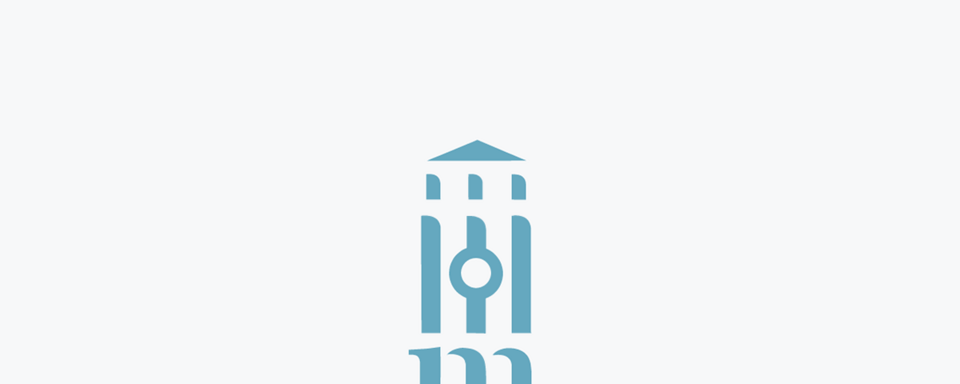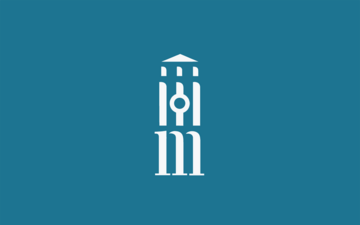"Money Isn't Speech and Corporations Aren't People" by David Kairys, on Slate

David Kairys , the author of Philadelphia Freedom: Memoir of a Civil Rights Lawyer , published an op-ed last Friday on Slate.com : " Money Isn't Speech and Corporations Aren't People: The misguided theories behind the Supreme Court's ruling on campaign finance reform ". A couple days after the President's State of the Union, in which Obama pointedly disagreed with the recent Supreme Court ruling while the Justices sat directly in front of him, we'll give David the floor:
__________________________________________
"Go back almost a century, to the time when the modern corporation was created, and you'll find laws that prohibit or limit the use of corporate money in elections. And yet this week, a 5-4 Supreme Court struck down the limits that Congress passed in 2002 in this tradition in the case Citizens United v. FEC. The majority's ruling unleashes a new wave of campaign cash and adds to the already considerable power of corporations. The court's main rationale is that limits on using corporate treasuries for campaigns are a "classic example of censorship," as Justice Anthony Kennedy wrote for the majority..."
"To get there, Kennedy depends on two legal theories that blossomed as constitutional principles in the mid-1970s: money is speech and corporations are people. Both theories are strange, if not simply wrongheaded—why, according to the Constitution or common sense, would money be speech or corporations be people? The court has also employed theories not uniformly but, rather, as constitutional cover for dominance of the electoral system by corporations and by the wealthy...
The first theory appeared in a 1976 decision, Buckley v. Valeo, which invalidated some campaign-finance reforms that came out of Watergate. The Court concluded that most limits on campaign expenditures, and some limits on donations, are unconstitutional because money is itself speech and the "quantity of expression"—the amounts of money—can't be limited.
But in subsequent cases, the conservative justices who had emphatically embraced the money-is-speech principle didn't apply it to money solicited by speakers of ordinary means. For example, the court limited the First Amendment rights of Hare Krishna leafleters soliciting donations in airports to support their own leafleting. The leafleting drew no money-is-speech analysis. To the contrary, the conservative justices, led by Chief Justice Rehnquist, found that by asking for money for leafleting—their form of speech—the Hare Krishnas were being "disruptive" and posing an "inconvenience" to others. In other words, in the court's view, some people's money is speech; others' money is annoying. And the conservative justices have raised no objection to other limits on the quantity of speech, such as limits on the number of picketers.
The money-is-speech theory turns out to be a rhetorical device used exclusively to provide First Amendment protection for all money that wealthy people and businesses want to give to, or to spend, on campaigns. It also doesn't make sense under long established free-speech law. Spending or donating money to support or facilitate speech is expressive and deserves some protection. But money simply doesn't make it into the category of things that are and embody speech, such as books, films, or blogs. Traditional speech-law analysis would separate the speech from the conduct (or "nonspeech") elements of campaign spending and donation and allow considerable leeway to regulate the latter. Even as to "pure" speech, "compelling" government interests are overriding. And spending and donating money seem, among the traditional speech-law categories, a "manner" of speaking that the court has said usually can be "reasonably regulated."
The other basic theory supporting the ruling in Citizens United—the court's claim that, for some purposes, corporations are constitutionally, if not actually, people—comes out of the long history of the development of corporations. But the extension of corporate personhood to campaign speech is a controversial innovation of the conservative justices over the last few decades.
Corporations needed some rights usually reserved for people to function as legal entities, so that they could, for instance, make enforceable contracts and sue or be sued. But despite the common cultural personification of corporations—we can easily say "GM was embarrassed today"—they obviously don't and shouldn't have all the rights of people. For example, they don't have the right to vote.
In Citizens United, Justice Kennedy discusses business corporations as if they were clubs or political associations with political viewpoints and elected leaders. But corporate managers don't function as representatives or employees of shareholders, who have no say, no shared political views, and no expectation that their investments will be used for political ends. In the wake of the court's ruling this week, will some corporations pick a party or politics while others channel unheard of amounts of money to both major parties? Will investors be influenced by a corporation's political portfolio?
The Citizens United decision will make it harder to achieve reforms opposed by major corporations and change business as well as politics. Increasing the constitutional rights of corporations beyond their business purposes is really about increasing the rights and power of corporate managers. Government has enabled corporate managers to control huge accumulations of wealth without any personal risk—an arrangement that contributes to wild, bubble-producing economic swings and collapses. Citizens United invites that arrangement directly into politics and elections.
Both of these theories—that money is speech and that corporations are people—have an easier time than they should in courts and with the public, too, because they are posed as counters to censorship. Many of us, including me, haven't seen a free-speech argument we don't like, at least initially.
But some perspective: We limit speech—when it has nothing to do with wealthy people spending money—in many ways. (It wasn't protected at all until the mid-1930s.) You famously can't shout fire in a theater. You not-so-famously can't break the theater's rules, including rules about speaking, because you don't really have any First Amendment rights in a privately owned theater or at work. The First Amendment limits only government. And even where it is fully protected, free speech has not been absolute; it's subject to regulation when it undermines basic societal interests and functions, like voting and democracy. In the last few decades, the conservative justices dominating the court have also limited speech rights for demonstrators, students, and whistle blowers. They have restricted speech at shopping malls and transit terminals. Taken as a whole, the conservative court's First Amendment jurisprudence has enlarged the speech rights available to wealthy people and corporations and restricted the speech rights available to people of ordinary means and to dissenters."
-David Kairys
Original article posted on Slate.com, Jan 22, 2010.
About the book
Philadelphia Freedom: Memoir of a Civil Rights Lawyer
"The gripping story of the life and education of one of America's most innovative and idealistic lawyers" by David Kairys
Cloth: 978-0-472-11638-6
Paper: 978-0-472-03310-2
Audio Download: 978-0-472-00347-1
Ebook Formats: 978-0-472-02136-9
MORE INFO
PRAISE
"David Kairys is one of the grand long-distance runners in the
struggle for justice in America. His brilliant legal mind and superb
lawyerly skills are legendary. This marvelous book is his gift to us!"
—Cornel West, Professor of Religion and African American Studies, Princeton University, and award-winning author of Race Matters
"Philadelphia Freedom is the spellbinding tale of an
idealistic young lawyer coming of age in the political cauldron of the
1960s and 1970s. From his immersion in the civil rights movement to his
determined court battles to quell criminal violence by Philadelphia
police, Kairys recounts how he helped make history in the city of
brotherly love."
—William K. Marimow, Editor and Executive Vice President, Philadelphia Inquirer, and recipient of two Pulitzer Prizes
"In the current climate of political deception and the trampling of
our civil rights, Kairys's compelling book is a clenched fist, a prayer
for social justice and a call to conscience."
—Steve Lopez, Los Angeles Times columnist and former Philadelphia Inquirer columnist
"With engaging, insider stories of innovative legal strategies of a
truly creative lawyer, this book evokes the ebullient spirit of
progressive social change launched in the 1960s and should be read by
aspiring and practicing lawyers as well as anyone interested in
American social history. Philadelphia Freedom reads like a
suspense novel and reveals how novel legal and political thinking can
and does make a real difference to individuals and to the quality of
justice."
—Martha L. Minow, Jeremiah Smith, Jr. Professor of Law, Harvard University
"David Kairys's compelling book properly explains the vital role that civil rights attorneys play in our system of justice."
—Judge
John E. Jones III, United States District Court for the Middle District
of Pennsylvania, and presiding judge in the landmark Kitzmiller v. Dover Area School District case



